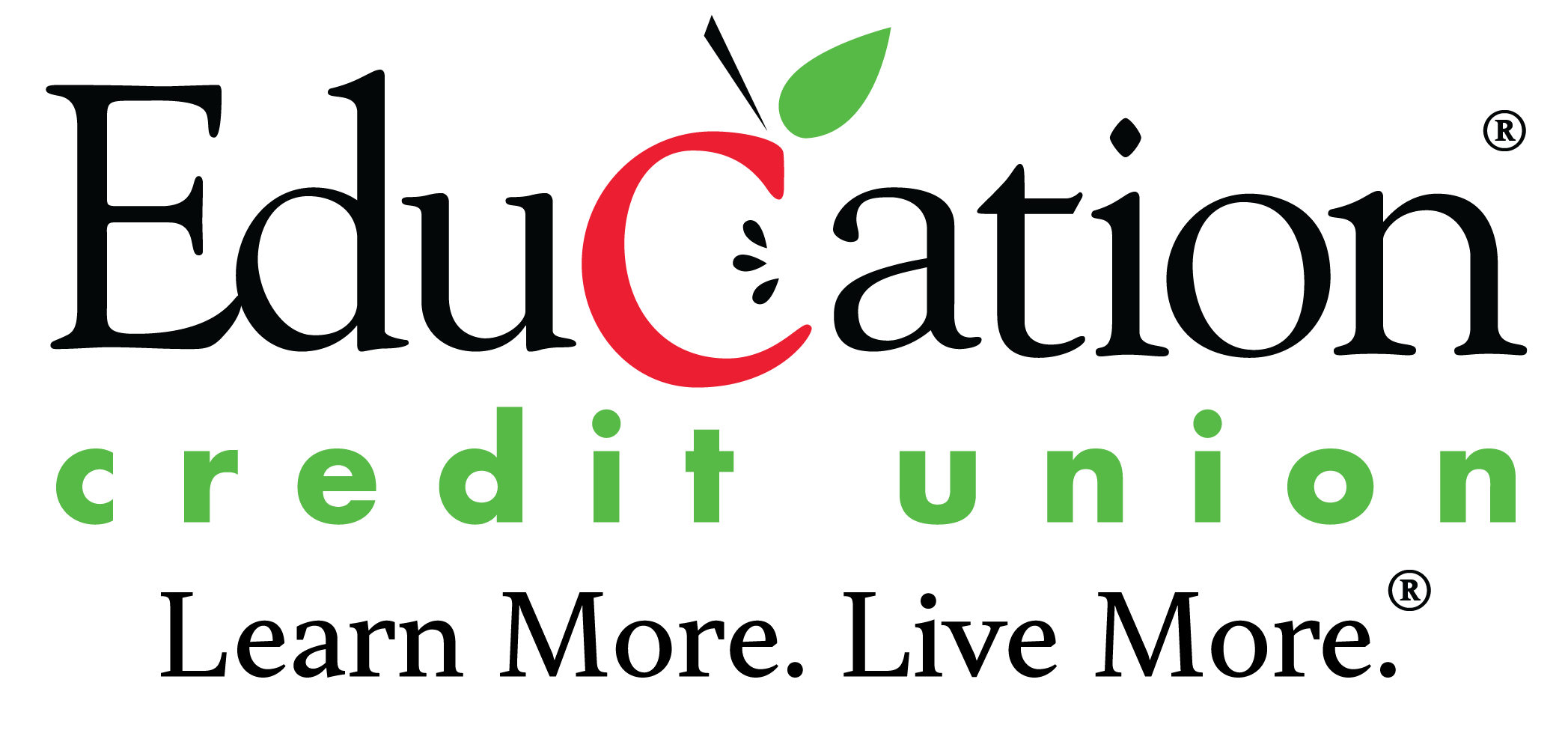Identity Theft
ECU wants to help you avoid identity theft by taking proactive steps to protect your assets.

- Keep a list of all account numbers in a secure, confidential place in case you experience problems with lost cards or theft of checks.
- Notify your financial institution immediately if you suspect your accounts have been compromised, or if you have lost any cards or checks.
- Store extra boxes of checks in a secure place.
- Do not provide any personal information to a third party unless you are confident of the purpose and feel secure that the information will not be misused.
- Keep credit cards, ATM cards, debit cards, and check books always secure. Do not leave purses or pocketbooks unattended at any time.
- Place only minimal, personal information on the top of your checks.
- Be sure to carefully review all account statements regularly. Notify your financial institution immediately if there are discrepancies when you balance your accounts.
- Report any suspicious activity to law enforcement and to your financial institution.
- Do not store or write PIN information on plastic cards or in pocketbooks or purses.
- Shred or destroy any documents that contain personal information before putting them in the garbage.
- Remove mail from your mailbox promptly.
- Consider mailing payments and checks at the post office instead of leaving them in your mailbox for pickup.
- Please cooperate fully with merchants or financial institutions that request proper identification. They are doing it to protect your interest.
Other Useful Information on Identity Theft:
Identity Theft – How it Happens, Its Impact on Victims, and Legislative Solutions
Coping with Identity Theft: What to Do When an Imposter Strikes
Identity Theft Center (In English and Spanish)
Opt Out from Receiving Pre-approved Credit Card Offers
Opt out from receiving pre-approved credit card offers by calling 888-567-8688. Choose from having your name removed from these lists for two years or permanently. When you order from a catalog, your name will be returned to the list so you will need to call this number again to remove your name from the list.
Giving Account Numbers Over the Internet
Seems we can do just about anything online these days and purchasing has never been easier. Many companies allow you to authorize payments over the internet if you provide your checking or savings account information. Using the Automated Clearing House (ACH) payment system, they can then debit your account electronically, eliminating the need for a paper check.
Is it Safe?
Companies performing ACH transactions, are required to follow certain security measures including the use of a minimum 128-bit encryption to ensure that your data is secure. Make sure you are asked to provide a password and/or personal ID number (PIN) before completing these types of transactions. If you are instructed to print a copy of the transaction for your own records, do. Then review your account statement monthly! If you notice anything suspicious or don’t recognize a transaction, notify your financial institution as soon as possible to receive credit for unauthorized activity.
IRS E-Audit
Some taxpayers have received e-mails from a non-IRS source indicating that the taxpayer is under audit and needs to complete a questionnaire within 48 hours to avoid the assessment of penalties and interest. The e-mail refers to an “e-audit” and references the IRS Form 1040. The taxpayer is asked for Social Security numbers, bank account numbers and other confidential information.
THE IRS DOES NOT CONDUCT E-AUDITS, NOR DOES IT NOTIFY TAXPAYERS OF A PENDING AUDIT VIA E-MAIL. THIS E-MAIL IS NOT FROM THE IRS.
Should you receive such a request, do not provide the requested information. This may be an identity theft attempt. If you receive an e-mail of this nature, please contact the nearest IRS office.
Keep ECU Up to Date
Due to the increasing amount of identity theft and fraud in our society, as added security to your account, please inform Education Credit Union (ECU) immediately if you change your address or phone number(s). All we need is a signature to compare with your signature on file. You can do this by mail, fax, or in person. That way if we encounter any unusual activity or have a problem with your account, ECU personnel can contact you immediately.
If you are not sure if we have the correct information, please feel free to stop by one of our branches and visit our Member Services Department. Any of our representatives will be glad to assist you in this matter.
As always ECU staff will NEVER ask you for your account number or PIN (Personal Identification Number) over the phone if we initiate the call. The address and phone number are listed below for your convenience.
Education Credit Union
4400 Interstate 40 West
Amarillo TX 79106
806-358-7777
Protect Yourself
Below is a list of videos you can watch to help prevent you from becoming a victim of identity theft:
Phishing: Don’t take the Bait!
Identity Theft: Protect Yourself!
Internet Fraud: If it sounds too good to be true, it probably is!
Social Media: Be Careful Who You Trust!
Play it Safe with Portable Devices!
How to know if your identity has been stolen:
- Your credit card bills show unauthorized charges.
- You receive calls for payment on credit accounts you do not own.
- Your credit rating takes a major dip because of delinquencies on loans or credit cards of which you had no knowledge.
- You are denied employment, credit, loans, mortgages, government benefits, utilities, and leases because your credit report and background checks show fraudulently incurred debts or wrongful criminal records.
How your information gets stolen:
- Stolen wallet or purse containing your identification, credit cards, and debit cards.
- Stolen mail.
- Diverting mail to another address by completing a “change of address” form.
- Rummaging through your trash at home or work for personal information.
- Posing as a landlord or employer to get personal information.
- Accessing your business or personnel records at work.
- Finding personal information in your home.
- Purchasing personal information from “inside” sources, such as paying a store employee for information you provided on a credit application.
- Using a pocket-sized scanner to get your credit card number when you present it for payment for goods or services.
- Fitting a false ATM front on a machine that “swallows” your ATM card.
General precautions:
- Carry only necessary information with you. Leave your Social Security card at home. Only take it with you if you will need it. Confirm that it is needed rather than some other common, secure identifier.
- Limit paper statements. A paperless environment helps reduce the chance of identity theft. The fewer personal documents sent through the mail, the less chance there is for possible fraud. You can reduce paper statements by signing up for e-Statements.
- Shred documents containing personal or financial information before discarding. Most fraud and identity theft incidents happen because of mail and garbage theft.
- Once a year, order your credit report from all three credit reporting agencies. We suggest your order comes from one agency every four months.
